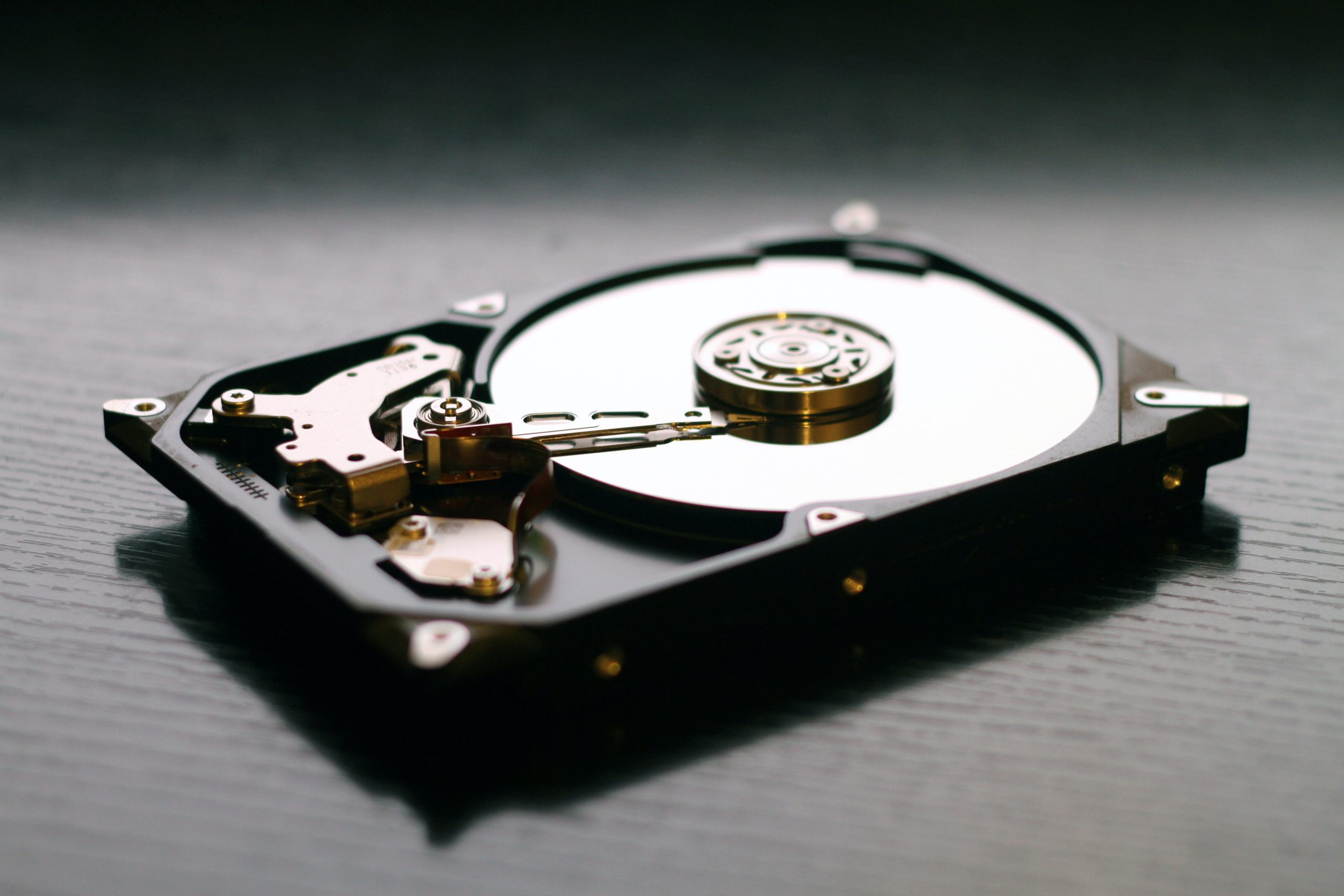As organizations continue to leverage the cloud for their computing and storage needs, managing costs and maximizing efficiency become critical factors. One way to optimize cloud resources is by utilizing ephemeral disks in Azure.
What are Ephemeral Disks?
Ephemeral disks are temporary disks available only during the lifespan of a virtual machine (VM) instance. Unlike persistent disks, ephemeral disks are not associated with Azure Storage accounts and do not persist beyond the lifespan of the VM.
Advantages of Ephemeral Disks
- Improved Performance: Ephemeral disks are stored on local storage resources on the physical host, which have faster I/O performance than network-attached storage.
- Reduced Costs: Ephemeral disks are free and do not incur storage costs like persistent disks, making them ideal for workloads that require temporary storage, such as batch processing or temporary caching.
- Enhanced Security: Ephemeral disks are erased when a VM is stopped or deallocated, reducing the risk of data leakage or unauthorized access.
How to Use Ephemeral Disks in Azure
Ephemeral disks can be used with all Azure virtual machine (VM) types except for B-series and L-series VMs. They can only be used with Linux virtual machines and not with Windows virtual machines.
To create an ephemeral disk in Azure, use either the Azure Portal, Azure CLI, or PowerShell. Specify the use of ephemeral disks in the VM configuration while creating a VM. Mount the ephemeral disk to your VM once created, and use it for your storage needs.
Best Practices for Using Ephemeral Disks
Remember that data stored on the ephemeral disk is lost when the VM is stopped or deallocated. Therefore, use ephemeral disks only for temporary storage and caching purposes.
Ephemeral disks can have performance variability since they rely on the host’s local storage resources. Use ephemeral disks with VMs that have SSD-based local storage to minimize any potential performance issues.
Conclusion
Ephemeral disks in Azure offer a cost-effective and efficient solution for temporary storage needs. By utilizing ephemeral disks, organizations can optimize their cloud resources and reduce their storage costs. Weigh the benefits and drawbacks of using ephemeral disks to determine if they are the best option for your workload.
Documentation
- Microsoft Azure documentation on Ephemeral OS Disk for Linux VMs in Azure: https://docs.microsoft.com/en-us/azure/virtual-machines/linux/ephemeral-os-disks
- Azure pricing information on Azure Disk Storage: Pricing – Managed Disks | Microsoft Azure
